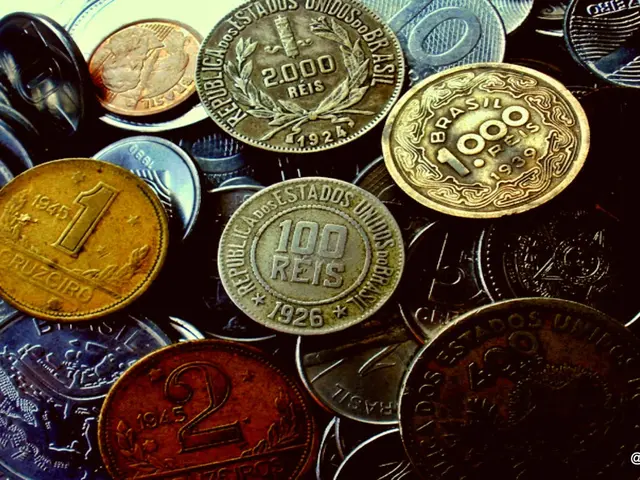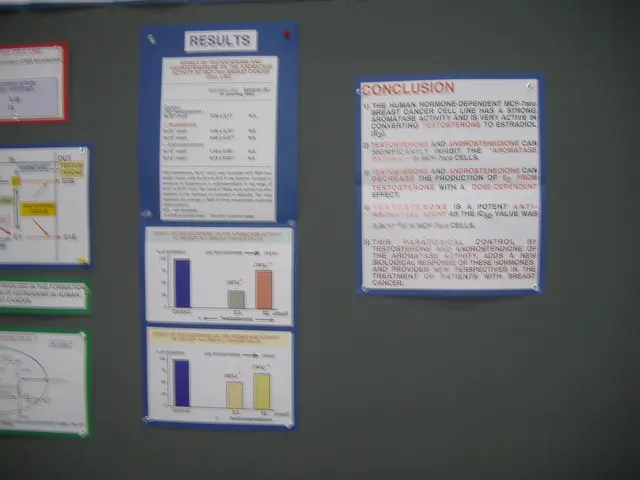Online Poker Misconceptions Debunked: No Evidence of Game Manipulation Found
In the world of online poker, the question of fairness is a paramount concern for both players and operators. Rest assured, online poker is regulated and audited by gaming regulators such as the Malta Gaming Authority (MGA) and the UK Gambling Commission (UKGC) to ensure a level playing field[1][4].
These authorities impose high standards on operators to protect players and maintain integrity. They mandate regular audits and compliance reviews, encompassing fair play, anti-fraud, and responsible gambling[1][4].
Licensed operators' games, including online poker, undergo testing by independent firms such as eCOGRA, iTech Labs, and Gaming Laboratories International. These auditors verify the randomness of outcomes through RNG (Random Number Generator) testing, adherence to advertised RTP (Return to Player) rates, and software integrity[2][4].
Regulators also require audits of payment processing to ensure secure, timely payouts and to monitor AML (Anti-Money Laundering) and KYC (Know Your Customer) compliance that underpin fair and legal gaming operations[2][3].
Major online poker rooms use random number generators (RNGs) provided by a few companies to produce cards. Every card seen at major poker sites is as close to random as possible, given the technology available[3].
For online poker operators, it's not important who the big winners are or if there are any big winners at all, as long as the money keeps circulating and players continue to play. Winning players at online poker are living proof of the games being fair, with hundreds of well-known players consistently winning for many years[5].
The frequency of events like flushes and losing with a set can be checked using poker tracking software. Examining a player's database will show that their biggest winning hand is typically AA, their second biggest is KK, and so on[5].
The terms of these licenses require the operators to provide a fair playing environment, meaning the games cannot be rigged. Regulators test all software used by the operators before launch and during the licensing period[2].
Online poker sites have too much to lose by rigging games, as it would risk losing millions in revenue from rake. With millions of dollars being generated every day through rake, it's unnecessary for them to resort to such practices[5].
In conclusion, reputable licensed online poker platforms under MGA, UKGC, and similar regulators are subject to a comprehensive, multi-layered regulatory framework including independent fairness audits to ensure games are conducted fairly and transparently for players. Playing online poker under these conditions provides a trustworthy and enjoyable gaming experience.
References: 1. Malta Gaming Authority (2021) Licensing. [Online] Available at: https://www.mga.org.mt/regulatory-framework/licensing/ 2. UK Gambling Commission (2021) Online Poker. [Online] Available at: https://www.gamblingcommission.gov.uk/consumers/advice-and-information/types-of-gambling/online-poker.aspx 3. PokerNews (2020) Are Online Poker Sites Rigged? [Online] Available at: https://www.pokernews.com/poker-news/are-online-poker-sites-rigged-105863.htm 4. PokerListings (2020) Online Poker Regulation and Licensing. [Online] Available at: https://www.pokerlistings.com/online-poker-regulation-and-licensing 5. PokerStrategy (2021) Is Online Poker Rigged? [Online] Available at: https://www.pokerstrategy.com/is-online-poker-rigged/
The regulators, such as the Malta Gaming Authority and the UK Gambling Commission, impose regular audits on licensed casino-and-gambling sites, ensuring that casino-games like online poker maintain fair play, anti-fraud, and responsible gambling standards [1][4]. The fairness of poker games is confirmed by independent firms like eCOGRA and Gaming Laboratories International, which verify the outcomes' randomness, RTP adherence, and software integrity [2][4].







